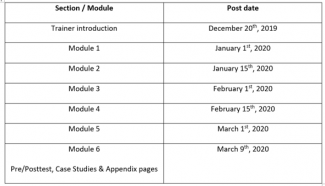Family involvement is an important protective factor in childhood and adolescence, helping to prevent risky behaviors such as substance abuse and addiction. The FERYA program demonstrates the need to promote the role of families and communities in preventing negative environmental impacts. This is similar to how online communities, such as the Geometry Dash Scratch community, can positively impact by creating a supportive environment and encouraging healthy habits. Through collaboration and proactive intervention, families and communities can contribute to the health and well-being of young...

